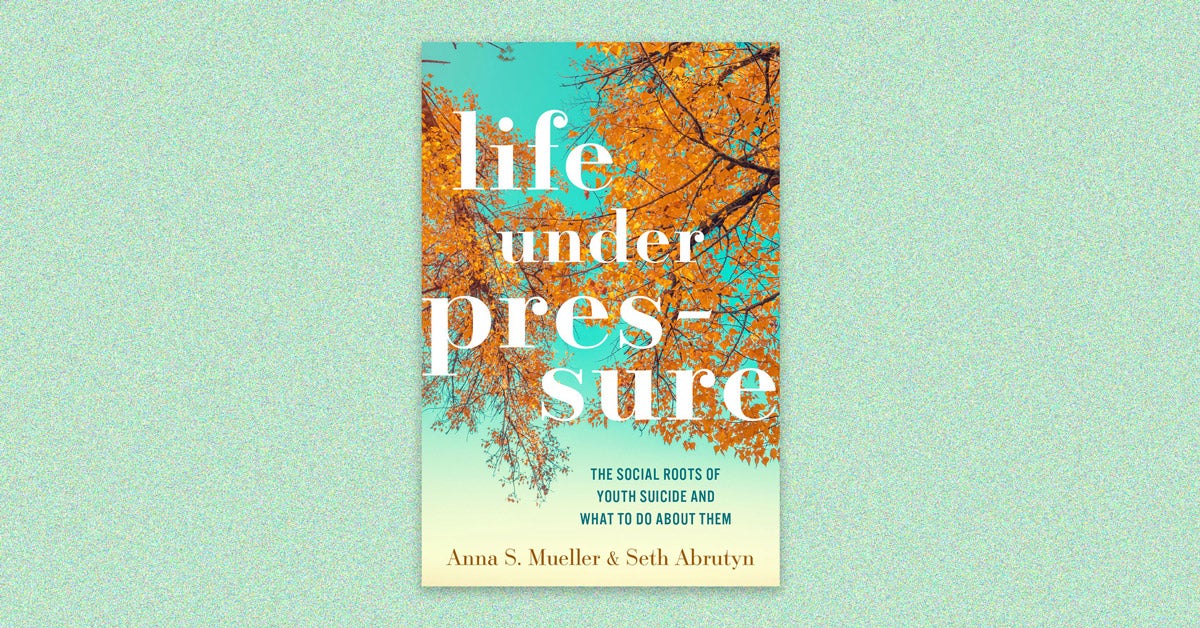Newsletter
HPH Weekly: Who pays for palliative care and why we need to change that
This edition of Harvard Public Health Weekly was sent to our subscribers on April 4, 2024. If you don’t already receive the newsletter, subscribe here. To see more past newsletters, visit our archives.
Who pays for palliative care and why we need to change that

Often misunderstood as exclusively end-of-life care, palliative care is a “constellation of services” centered around a patient’s needs, writes Meredith Lidard Kleeman. Awareness and acceptance of the care option is growing, and California and Hawaii’s moves to include palliative care in Medicaid plans are helping to shape a new model for coverage and care.
Talking about suicide saves kids’ lives

In a new book called Life Under Pressure, Anna S. Mueller and Seth Abrutyn examine the social factors that shape teen suicide clusters. Their research took them deep into the well-resourced, idyllic community of “Poplar Grove,” where they uncovered some hard truths behind an alarming number of teen suicides. The authors also highlight the value of difficult discussions about suicide in this era of teen mental health crisis. “Bringing suicide out of the silence is the safer choice,” they write.
As AI-based eye exams prove their worth, lessons for future tech emerge

A new AI algorithm that performs eye exams is quick to administer, patient-friendly, and FDA approved—and it could serve as an important bridge to care. AI-based eye exams are one of the first applications of AI-enabled diagnostics in a clinical setting, and health advocates are hoping it can expand screening and care for diabetic retinopathy, a leading cause of blindness in the United States.
Snapshot: The mental health impacts of climate change
Nearly 40 countries across Oceania, the Pacific Islands, and parts of continental Asia experience more intense and more frequent climate change events than the rest of the globe. Katerina Vafeiadou, a researcher at Goldsmiths, University of London, spoke to Harvard Public Health about the review of other studies her research team conducted on the mental health impact of these events.
What we’re reading this week
More women are drinking themselves sick. The Biden administration is concerned. →
KFF Health News
California’s Latino communities are most at risk from exposure to brain-damaging weed killer →
Inside Climate News
The race to reinvent CPR →
The New York Times Magazine
Investigating mental health care in the Veterans Affairs system →
ProPublica
As heat becomes a national threat, who will be protected? →
Grist